
The EU’s move to further delay the rollout of its Deforestation Regulation for a second time last week will only “worsen problems already at their peak” in key cocoa producing countries, campaigners have warned.
EU environment commissioner Jessika Roswall confirmed the bloc would look to delay of the rollout of the EUDR by a year last Tuesday due to “IT issues”.
The move followed an earlier delay of a year last autumn, and came in the wake of calls over the summer by the likes of Mondelez and Lavazza for more time to be given to stakeholders to prepare for the regulation’s introduction.
The proposed law brings stiff financial penalties for supply chains which cannot prove seven key commodities were not sourced from deforested areas, with a maximum fine stretching to at least 4% of a company’s total annual EU turnover, plus a ban on doing business with countries within the bloc.
Read more: What’s behind the latest delay to the EU’s flagship Deforestation Regulation?
Cocoa accounted for about a third of the EU’s deforestation exposure, said Amourlaye Touré, a senior adviser for Africa at campaign group Mighty Earth this week.
But given leading producers Ivory Coast and Ghana had already lost around 94% and 80% of their forest cover over the past 60 years – largely due to cocoa farming – any further delay would “only make matters worse”, he warned.
Without forests, “there will be no cocoa beans”, said one cocoa farmer in Ivory Coast, who spoke to Mighty Earth. “We must think about the future if we don’t want to live in a desert.”
Eat-Lancet calls for major reduction in meat consumption
“We need the forest. chocolate makers, such as Mondelez who have called for the EUDR to be delayed, think they are defending their interests, but to speak of cocoa is to speak of forests,” the farmer added.
“Companies must understand this and adapt their policies to the new regulation. It’s important and it must be implemented on time.”
Under the EC’s proposals, the EUDR will now be introduced on 30 December 2026 for large companies and June 2027 for SMEs. Industry insiders have suggested the delay is also linked to a shifting political environment within the EU, and a move away from sustainability-focused policies.
The situation would now create “an unbearable situation where Ghana and Côte d’Ivoire could lose their last remaining forests to cocoa”, Touré warned.







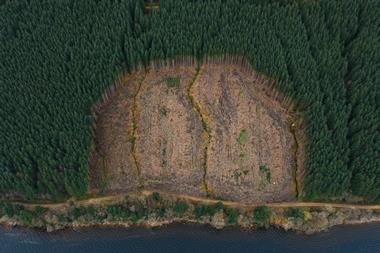

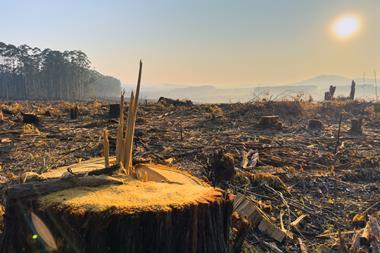
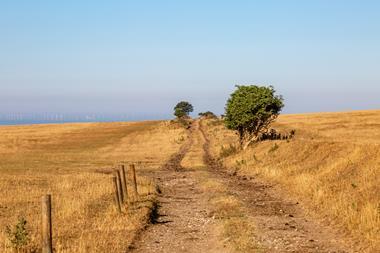
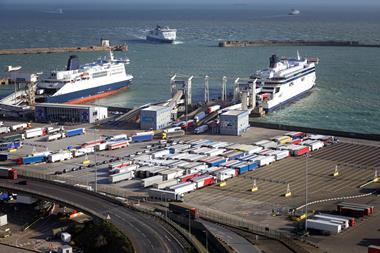
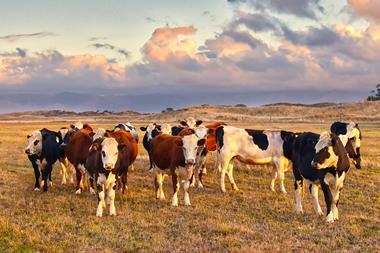






No comments yet